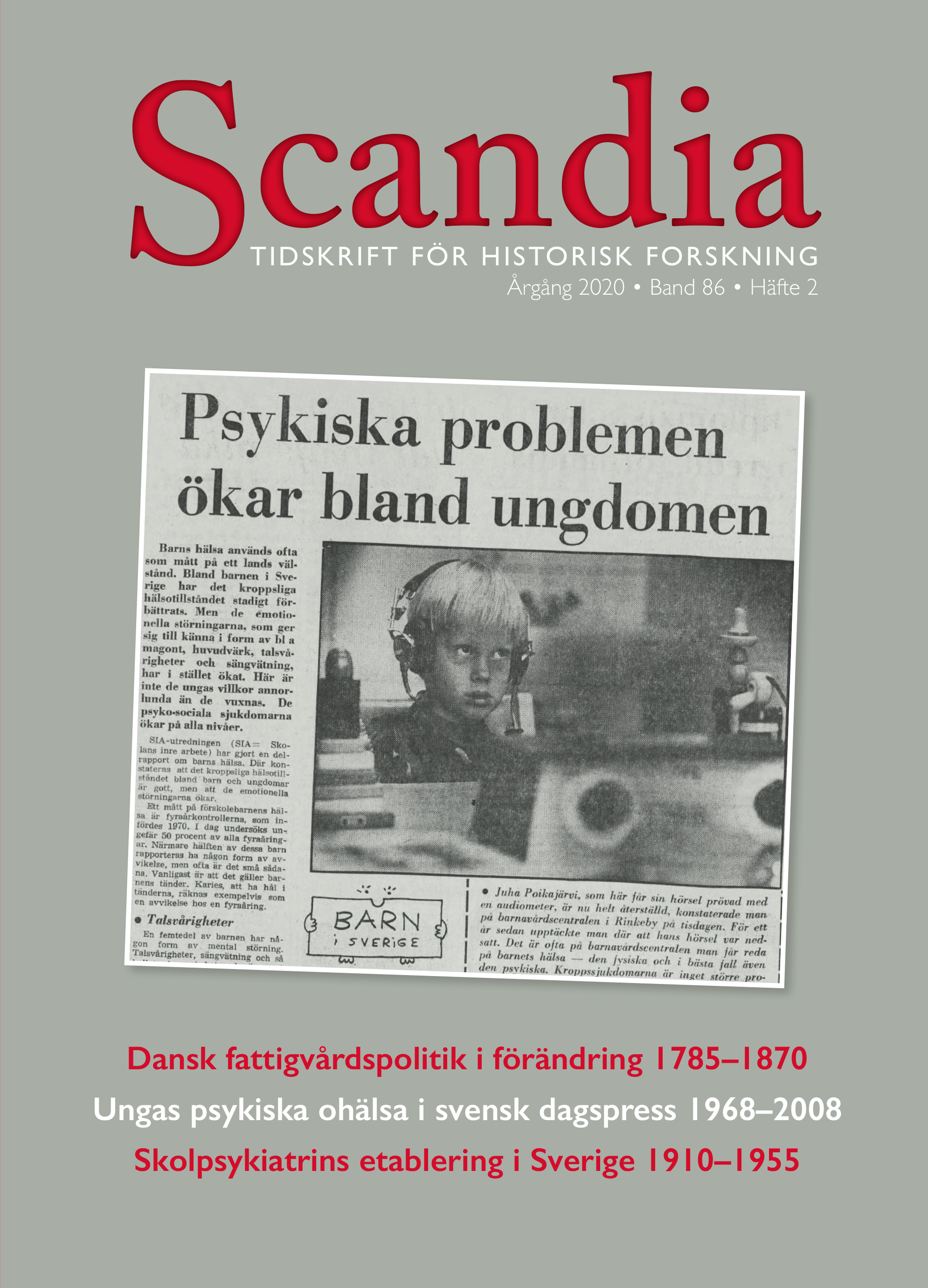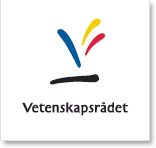Supporting the Poor Worthy Men!
Gendered Changes in the Distribution Strategy of Danish Relief Policies and Social Policies, 1785–1870
DOI:
https://doi.org/10.47868/scandia.v86i2.22291Keywords:
gender, breadwinner role, distribution strategy, social policy, poor policy, public reliefAbstract
The purpose of this article is to examine a remarkable change – not yet explored from a gender perspective – which occurred during the Three Year War (1848–51) as both the social legislation and philanthropic associations started to seek to help male providers. The purpose of this shift was to ensure that these men could fulfill their role as responsible providers for themselves and their family. This new distribution strategy continued in the time to come in the philanthropic associations and the temporary social legislation introduced in Denmark in the 1950s.
This strategy seeking to support the male, poor and responsible breadwinners represented a significant change, as the strategy until the middle of the 19th century entailed an intention to support women, children, the sick and the elderly. In order to explore this change, this article presents an analysis including central categories in social history. These categories are “need,” “worthiness” and “the breadwinner role,” which are examined from a gender perspective.
The analysis suggests that the introduction of the “respectable male breadwinner position” as a new target group in the field of public care accelerated the development of poor relief into social policies.
The material used in the study consists of published legislation, annual reports, literature from the public relief as well as from private philanthropic associations. Furthermore, archival material consisting of handwritten letters, meeting summaries, reports and negotiation protocols are also included.
Downloads
Published
Versions
- 2021-05-31 (2)
- 2020-12-06 (1)





